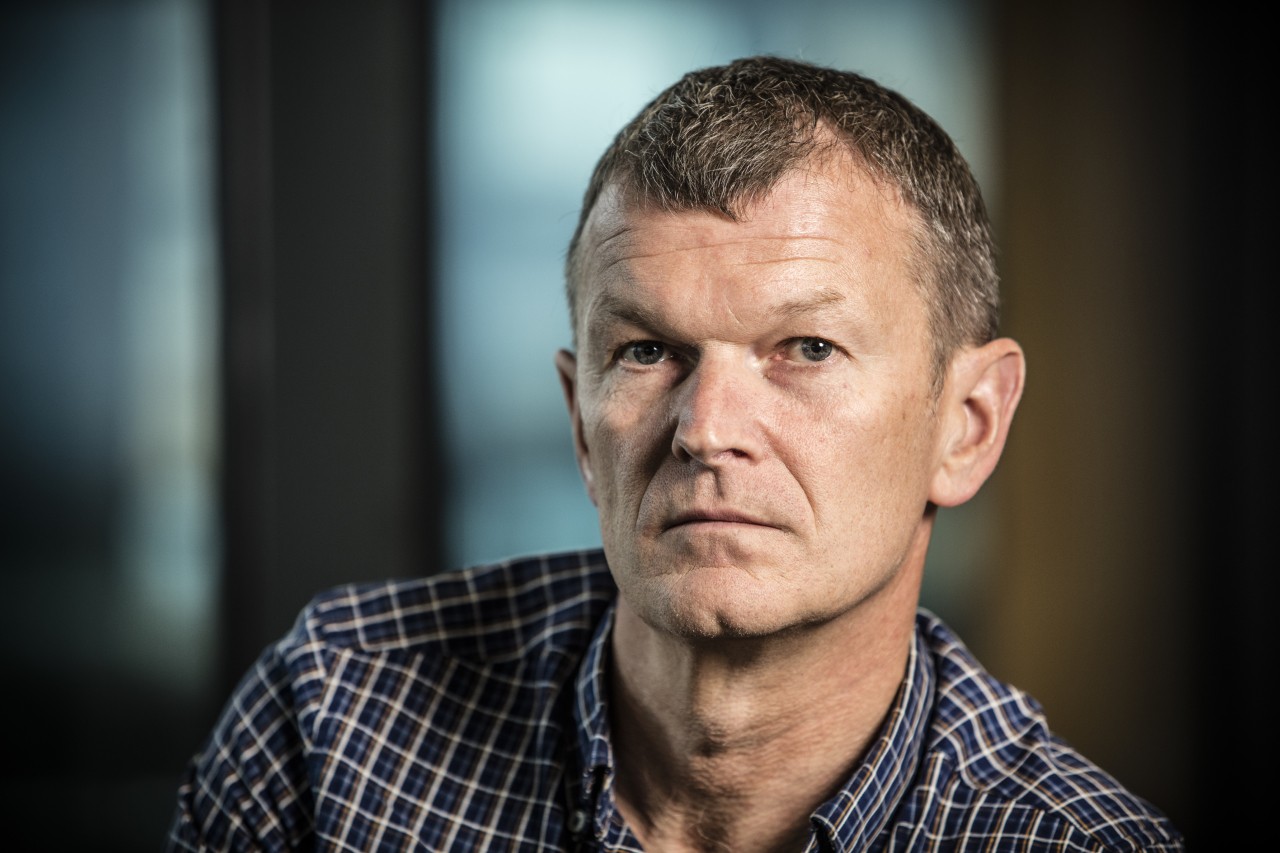Venue: Centre Broca Nouvelle-Aquitaine
 Andrew J Lawrence
Andrew J Lawrence
Florey Institute of Neuroscience and Mental Health, Parkville, Victoria, Florey Department of Neuroscience and Mental Health, University of Melbourne, Parkville, Victoria, Australia
https://www.lawrencelab.net/people
Contact:
Invited by : Marc Landry
Abstract
Background: Despite the large socioeconomic burden of alcohol use disorders (AUD), therapeutic treatment options are limited. There is a need to characterise the underlying neurochemistry driving alcohol seeking to identify and evaluate novel targets. AUDs are characterised by a transition to compulsive seeking, which is hypothesized to involve a shift from ventral to dorsal striatum and a medial to lateral dorsal striatal shift in the transition from goal-directed to habitual alcohol-seeking behaviours. Muscarinic acetylcholine receptors (mAChRs) are a potential target for AUD; they are expressed within the mesocorticolimbic reward system, including dense expression in the dorsal striatum, where they modulate dopamine and glutamate release, which may regulate reward processing.
Methods: To assess the role of mAChRs in AUD, we conducted genome-wide RNA sequencing in the caudate/putamen of 10 human alcoholics and 10 healthy controls and concurrently examined muscarinic receptor expression in the corresponding regions in rat (dorsolateral and dorsomedial striatum) following chronic alcohol consumption/withdrawal using qPCR. We also examined the role of select muscarinic and nicotinic receptor subtypes in alcohol consumption and seeking using selective allosteric modulators.
Results: In human alcoholics M4 receptor expression was significantly decreased in the putamen. In line with this, M4 receptor expression was decreased in the rat dorsolateral striatum. Further, administration of VU154 (30 mg/kg, p.o.) reduced alcohol self-administration and cue-induced relapse, without effects on natural reward consumption or sedation. We also found that a centrally active and selective negative allosteric modulator (NAM) for the rat M5 muscarinic receptor (mAChR), ML375, selectively decreases ethanol self-administration and attenuates cue-induced reinstatement of ethanol-seeking in iP rats. We further show that in iP rats with an extensive history of ethanol intake that intra-dorsolateral (DL), but not intra-dorsomedial (DM), striatal injections of ML375 reduced ethanol self-administration to a similar extent as the nicotinic acetylcholine receptor (nAChR) ligand varenicline, which can reduce the reinforcing effects of ethanol in humans with AUD.
Conclusions: Collectively, our data show that specific mAChRs are potential novel target pharmacotherapies for the treatment of AUD. These data also implicate the DL striatum as a locus for the effects of cholinergic-acting drugs on ethanol-seeking in rats with a history of long-term ethanol use. Accordingly, we demonstrate in rats that selectively targeting mAChR’s can modulate both voluntary ethanol intake and cue-induced ethanol-seeking implicating mAChR’s as a potential novel target for pharmacotherapies aimed at treating alcohol use disorders.
Funding: National Health & Medical Research Council of Australia, grants 1116930 and 1120576.
Selection of recent publications
Ryan PR, Kastman HE, Krstew EV, Rosengren KJ, Hossain MA, Churilov L, Wade JD, Gundlach AL & Lawrence AJ (2013) Relaxin-3/RXFP3 system regulates alcohol-seeking. Proc. Natl. Acad. Sci (USA), 110, 20789-20794.
Chen NA, Jupp B, Sztainberg Y, Lebow M, Brown RM, Kim JH, Chen A & Lawrence AJ (2014) Knockdown of CRF1 receptors in the ventral tegmental area attenuates cue- and acute food deprivation stress-induced cocaine-seeking in mice. J. Neurosci., 34, 11560 –11570 (featured in “This week in the journal”).
Walker LC, Kastman HE, Krstew EV, Gundlach AL & Lawrence AJ (2017) Central amygdala relaxin-3/RXFP3 signalling modulates alcohol-seeking in rats. Br. J. Pharmacol., 174, 3359–3369.
Berizzi AE, Perry CJ, Shackleford DM, Lindsley CW, Jones CK, Chen NA, Sexton PM, Christopoulos A, Langmead CJ & Lawrence AJ (2018) Muscarinic M5 receptors modulate ethanol seeking in rats. Neuropsychopharmacology, 43, 1510-1517.
Gibson GD, Prasad, AA, Jean-Richard-dit-Bressel P, Yau JOY, Millan EZ, Liu Y, Campbell EJ, Lim J, Marchant NJ, Power JM, Killcross S, Lawrence AJ & McNally GP (2018) Distinct accumbens shell output pathways promote versus prevent relapse to alcohol seeking. Neuron, 98, 512-520.
Campbell EJ, Flanagan JPM, Walker LC, Hill MKRI, Marchant NJ & Lawrence AJ (2019) Anterior insular cortex is critical for the propensity to relapse following punishment-imposed abstinence of alcohol seeking. J. Neurosci., 39, 1077-1087.


